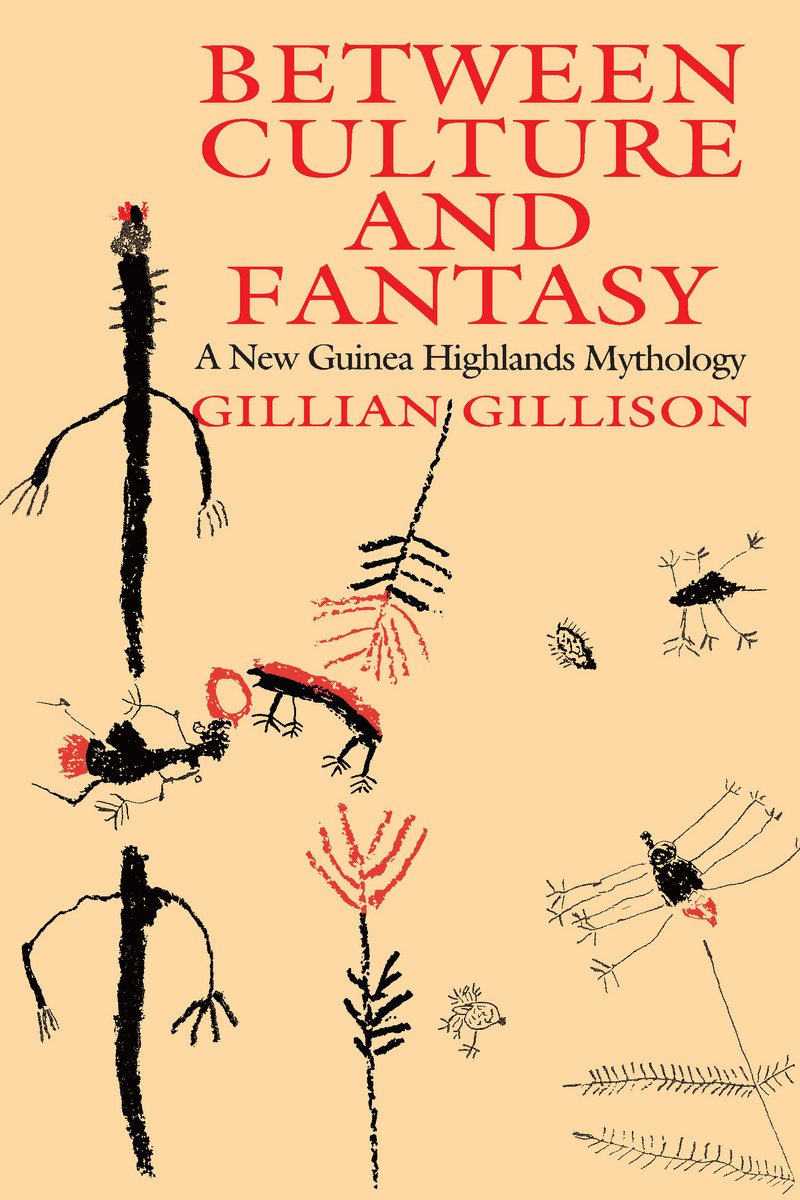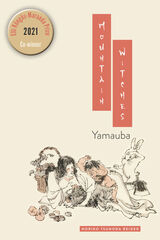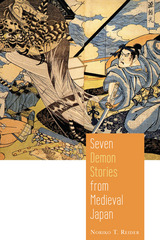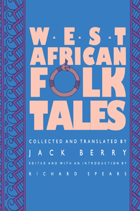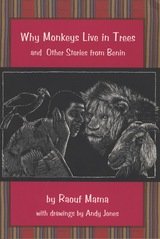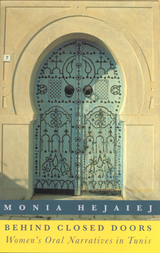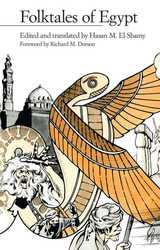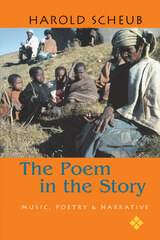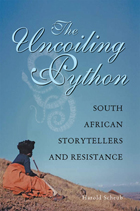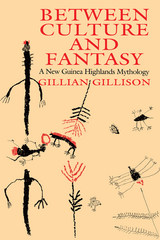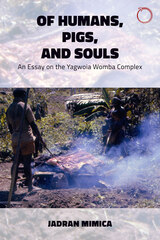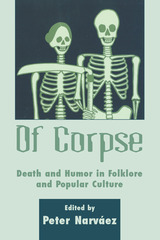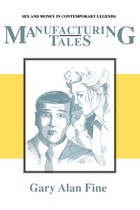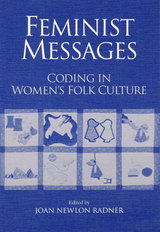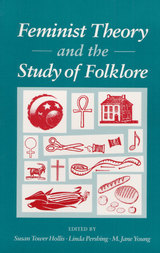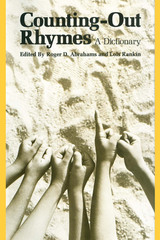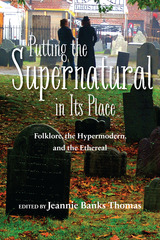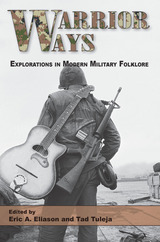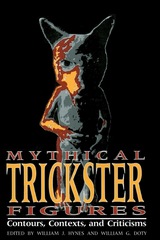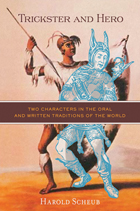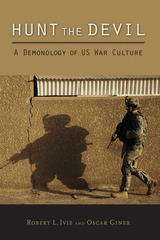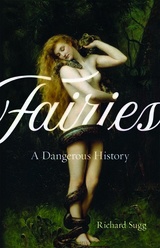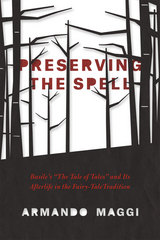Between Culture and Fantasy: A New Guinea Highlands Mythology
University of Chicago Press, 1993
Cloth: 978-0-226-29380-6 | Paper: 978-0-226-29381-3
Library of Congress Classification GR385.P36G55 1993
Dewey Decimal Classification 398.0899912
Cloth: 978-0-226-29380-6 | Paper: 978-0-226-29381-3
Library of Congress Classification GR385.P36G55 1993
Dewey Decimal Classification 398.0899912
ABOUT THIS BOOK | AUTHOR BIOGRAPHY | TOC | REQUEST ACCESSIBLE FILE
ABOUT THIS BOOK
The myths of the Gimi, a people of the Eastern Highlands of Papua New Guinea, attribute the origin of death and misery to the incestuous desires of the first woman or man, as if one sex or the other were guilty of the very first misdeed. Working for years among the Gimi, speaking their language, anthropologist Gillian Gillison gained rare insight into these myths and their pervasive influence in the organization of social life. Hers is a fascinating account of relations between the sexes and the role of myth in the transition between unconscious fantasy and cultural forms.
Gillison shows how the themes expressed in Gimi myths—especially sexual hostility and an obsession with menstrual blood—are dramatized in the elaborate public rituals that accompany marriage, death, and other life crises. The separate myths of Gimi women and men seem to speak to one another, to protest, alter, and enlarge upon myths of the other sex. The sexes cast blame in the veiled imagery of myth and then play out their debate in joint rituals, cooperating in shows of conflict and resolution that leave men undefeated and accord women the greater blame for misfortune.
Gillison shows how the themes expressed in Gimi myths—especially sexual hostility and an obsession with menstrual blood—are dramatized in the elaborate public rituals that accompany marriage, death, and other life crises. The separate myths of Gimi women and men seem to speak to one another, to protest, alter, and enlarge upon myths of the other sex. The sexes cast blame in the veiled imagery of myth and then play out their debate in joint rituals, cooperating in shows of conflict and resolution that leave men undefeated and accord women the greater blame for misfortune.
See other books on: Attitudes | Ceremonial exchange | Fantasy | Gimi (Papua New Guinean people) | Papua New Guinea
See other titles from University of Chicago Press
